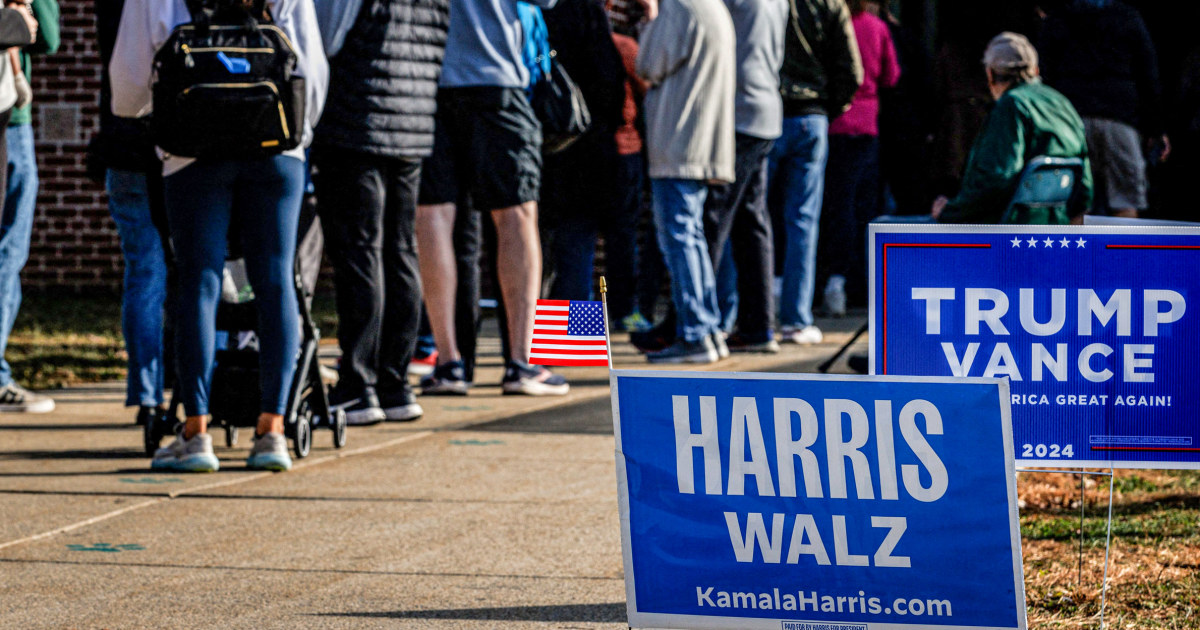
In the wake of the November 2024 presidential election, a surge of post-election conspiracy theories has taken hold, particularly among certain demographics. Misinformation has proliferated across social media platforms such as X, Threads, and TikTok, with claims ranging from vote switching facilitated by Elon Musk's Starlink to calls for hand recounts by figures like Gabrielle Blair [71f93dad]. Tara Dublin's promotion of election fraud theories on her Substack garnered millions of views, illustrating the widespread appeal of these unfounded narratives [71f93dad].
The article highlights a troubling trend: many of the conspiracies are propagated by women involved in alternative medicine and spirituality, suggesting a unique demographic driving the spread of misinformation [71f93dad]. Brook Easton has noted similar conspiracies emerging within the astrology community, further emphasizing the diverse sources of these theories [71f93dad]. As trust in media and institutions continues to plummet, these conspiracy theories are increasingly being likened to a new American religion, reflecting a deep-seated discomfort with acknowledging the election results [71f93dad].
Critics argue that the real issues at play are institutional failures rather than widespread fraud, and they point to the Democratic Party's inadequate response to social issues as a contributing factor to the current political dynamics [71f93dad]. The intersection of racism and gender grievances is underscored as a significant element shaping the narratives surrounding the election and its aftermath [71f93dad]. This evolving landscape of misinformation poses challenges not only for the integrity of future elections but also for the broader societal trust in democratic processes.